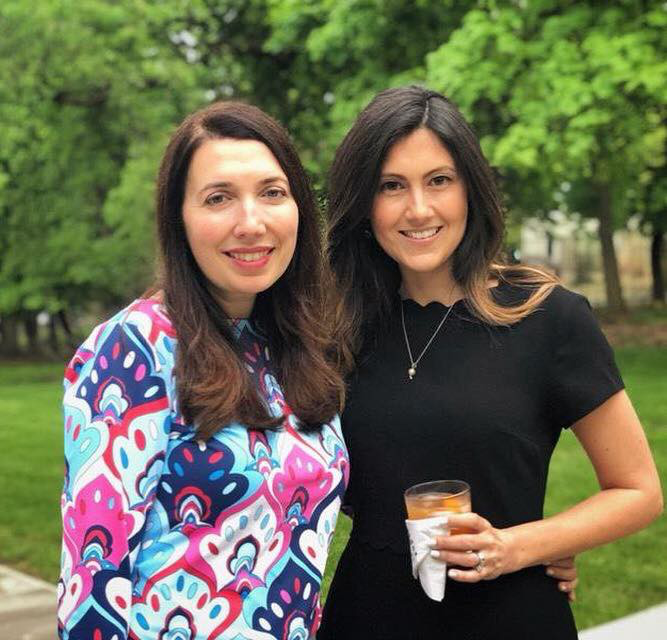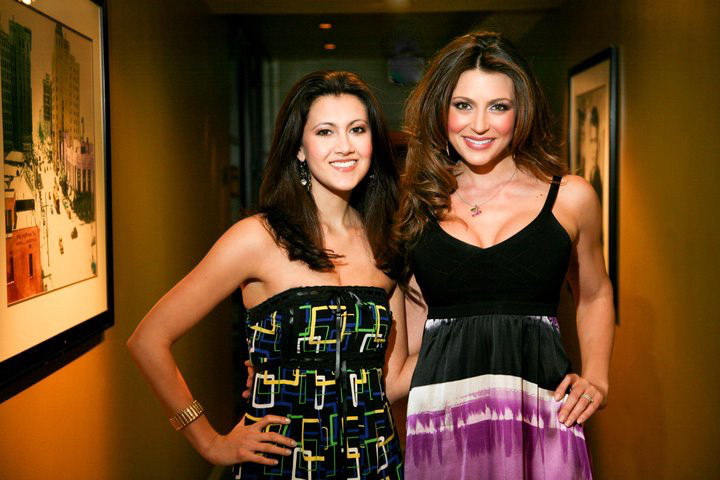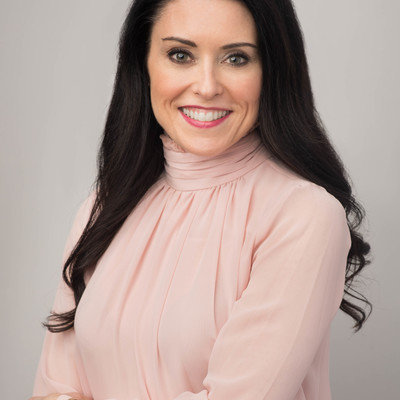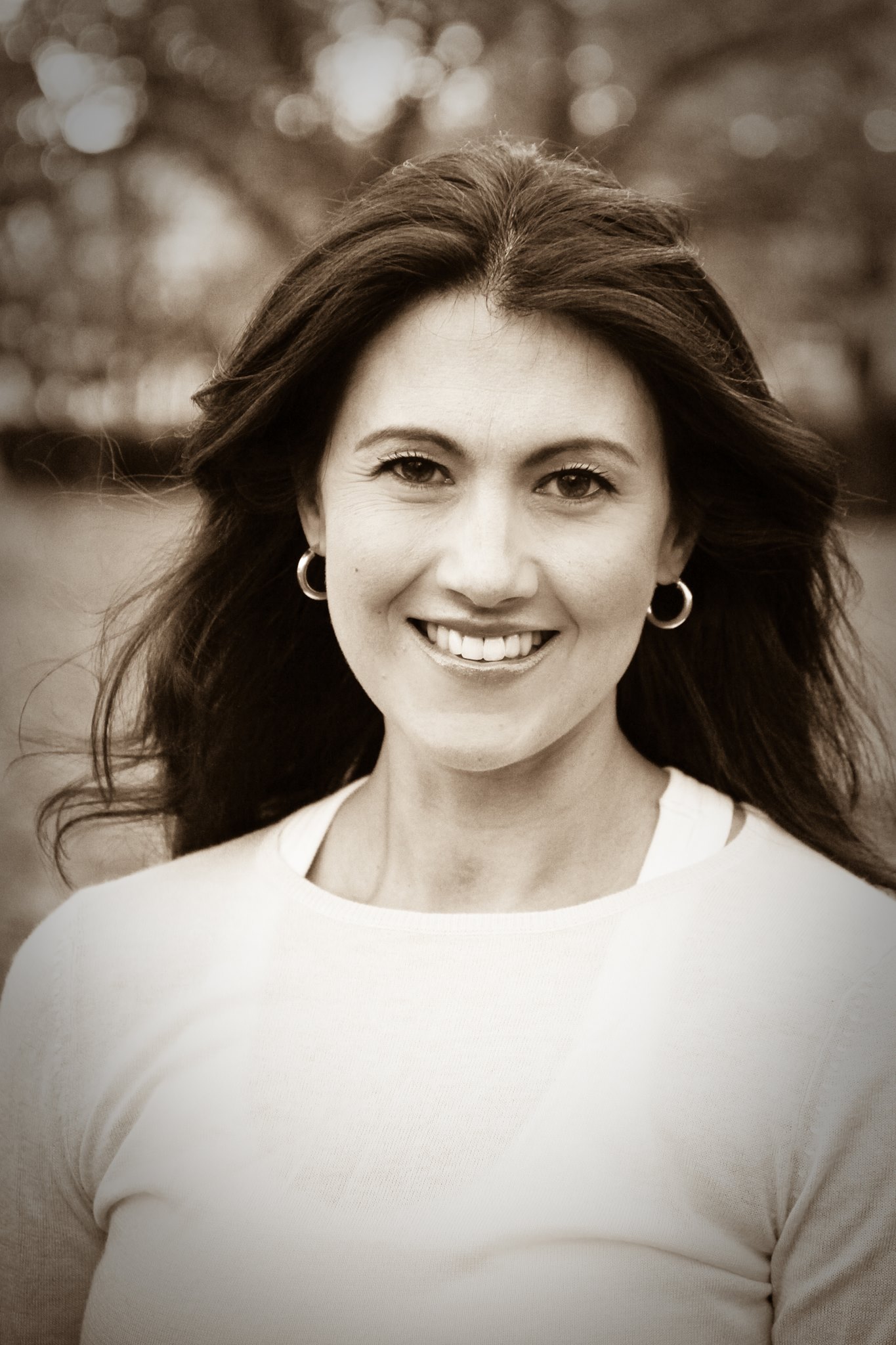When evaluating a project, I’ve learned to look beyond the author or topic and think about how a book fits into the current cultural landscape. So much of a book’s success depends on timing. Some of my books have benefitted from that, and others have suffered. From the ones that have suffered, I’ve learned to look at the bigger picture before getting attached.
As part of my series about “How to write a book that sparks a movement” I had the great pleasure of interviewing Jodi Lipper
Jodi Lipperis a four-time New York Times bestselling writer who partners with high profile experts and celebrities to garner major publishing deals and translate their experiences and expertise into highly effective and marketable books. Jodi has co-written several notable memoirs as well as prescriptive books about business, longevity, human performance, and personal development. Most recently, her collaboration with Fran Hauser, The Myth of the Nice Girl, was named the Best Business Book of 2018 by Audible and was listed by Amazon as One of the Best Business and Leadership Books of 2018.
Before becoming a full time writer, Jodi edited mostly fiction at Simon & Schuster, where she worked on numerous #1 New York Times bestsellers. This experience coupled with her work as an author on her own trio of bestsellers has given Jodi unique insight into the entire publishing process. She knows how to write the type of proposals and manuscripts that editors respond to in a highly versatile style that captures each author’s unique voice.
Thank you so much for joining us! Can you share a story about what brought you to this particular career path?
My first book collaborations were the 3 books I wrote with one of my dearest friends, actress and writer Cerina Vincent. When we were in our 20s, we helped each other through our typical quarter-life confusion about what to eat, who to date, and what to do with our lives. And we decided to turn the advice (and jokes) we’d shared with each other into books that could help other young women, too. We ended up publishing 3 bestselling books with HarperCollins (How to Eat Like a Hot Chick, How to Love Like a Hot Chick, and Live Like a Hot Chick). After 3 books, the series felt complete, and when I was deciding what to do next, I realized that to me the most rewarding part of the whole experience was our collaboration. On the “Hot Chick” series, I was collaborating closely with a friend as a 50/50 co-author, but I realized there were probably other authors who needed collaborators, too. So, I began partnering with high-profile experts and celebrities who needed help writing their books. So many non-fiction authors have all the content to make for an amazing book but need help getting it onto the page. For the past 7 years, that’s what I’ve been doing. So far, I’ve collaborated on 20 (and counting!) books for major publishers, including 4 New York Times bestsellers and several national bestsellers.
What was (so far) the most exhilarating or fulfilling experience you’ve had as an author?
Since part of my job is to capture each author’s unique voice on the page, it’s so fulfilling when an author (or someone close to the author) says the book feels really true to him or her. At the launch party for Fran Hauser’s The Myth of the Nice Girl, one of Fran’s closest friends told me, “Reading the book is exactly like having a conversation with Fran.” To me, that is the greatest compliment.
What was the craziest, weirdest, wildest experience you’ve had as a bestselling author?
I get to experience some pretty wild things as background research for some of the books I work on. I’m actually about to do a weeklong intensive neurofeedback training for an upcoming book. I’m so excited to come back as chilled out as a Zen monk. I hope my family recognizes me!
What is the greatest part about being a successful, bestselling author? What is the worst (if anything) part?
The best part of being an author is getting feedback from readers about how a book has impacted his or her life. I still remember one email that Cerina and I got years ago after the release of How to Eat Like a Hot Chick from a woman who told us that the book gave her a huge boost in confidence. She said, “For years, every time I looked in a mirror I’ve thought to myself, ‘You’re a fat pig,’ but now I look in the mirror and think, ‘You are a Hot Chick!’” Pretty great.
The most challenging thing about my job is the instability — I often don’t know whether or not and when a project will move forward. But the pros definitely outweigh the cons.
What is the one habit you believe contributed the most to you becoming a bestselling writer?
Discipline. I set my own schedule and hours and work from home when I’m not in meetings, so I have to be diligent to get my books done on deadline. To do this, I work backwards and make my own mini-deadlines for each chapter. I also make sure to always work in my separate home office and not on the couch so that laundry, dirty dishes, and other non-work responsibilities aren’t distracting.

Which writer or leader has had the biggest impact on you as a writer?
As a student at Barnard College almost 20 years ago (yikes!), I took a class called Minority Women Writers with Barnard’s first African American Professor, Quandra Prettyman. That class was pretty transformative. It made me a better writer and informed my passion for (when I can) elevating the voices that are too often underrepresented in the publishing industry.
What was the biggest challenge you faced in your journey to becoming a bestselling author? How did you overcome it?
Like many aspiring writers, I struggled to gain the confidence that I could really have a career as a writer! It wasn’t until I had already published a book with a major publisher that I could even say out loud that I was a writer. I still feel that same old “impostor syndrome” sometimes, especially when working with a big-name author, but I remind myself that I’ve done it before and can therefore do it again. Those 20 books have to count for something, right?
What challenge or failure did you learn the most from in your writing career?
When evaluating a project, I’ve learned to look beyond the author or topic and think about how a book fits into the current cultural landscape. So much of a book’s success depends on timing. Some of my books have benefitted from that, and others have suffered. From the ones that have suffered, I’ve learned to look at the bigger picture before getting attached.
What are the 5 things a writer needs to know if he/she wants to become a bestselling author?
1) Your book’s success or failure is ultimately in your hands. I’ve seen so many authors over-rely on the publisher to market and promote their book. Of course, they are there to help with those things, but you have to steer the ship and invest in your book’s success more than anyone else.
2) If you want to be a bestselling fiction author, you have to write the entire book before you can get an agent or sell the book to a publisher.
3) However, if your book is non-fiction (either prescriptive or narrative) you need a book proposal to get an agent and a publishing deal. A book proposal is like the business plan for your book. It takes a lot of work to create a stellar book proposal, but it pays off in the form of (hopefully) a better book deal and an easier time writing the actual book because the foundation is all there.
4) It can take 1–2 YEARS from the time you sign a publishing deal to the time your book is on the store shelves. It is a much lengthier process than most people realize. This gives the publisher time to sell the book to stores, plan the marketing campaign, and of course produce a beautiful book.
5) Publishing a book will not necessarily make you happy. This is a weird one, I know. It’s important to know that while reaching a huge goal is obviously super rewarding, it doesn’t actually bring happiness. I remember after my first book was published, I was so grateful and excited. But this was followed by a strange feeling of let down. I’ve spoken to other successful authors who have experienced something similar. It just goes to show that true happiness doesn’t come from meeting goals or from any type of professional or financial success — it has to come from elsewhere.

What are you most excited to work on next?
I am working with Fran Hauser, the author of The Myth of the Nice Girl, on a workshop to help aspiring non-fiction authors write a stellar book proposal and land a publishing deal. After writing so many proposals that have led to major deals, I’m excited to share what I’ve learned, and it’s so much fun to work with Fran, who is bringing her amazing background as a media executive and bestselling author to the table. If anyone is interested in learning more about the workshop, they can visit: www.futurebestsellerworkshop.com
You are a person of great influence. If you could inspire a movement that would bring the most amount of good to the most amount of people, what would that be?
Since I was just talking about her, let’s go back to Fran Hauser and her book, The Myth of the Nice Girl. The idea behind this book is that there is no such thing as being “too nice” and that kindness is actually a huge asset in the workplace. I would love to see people taking Fran’s advice and being kinder to each other both at work and elsewhere!
Thank you so much for these great insights!


